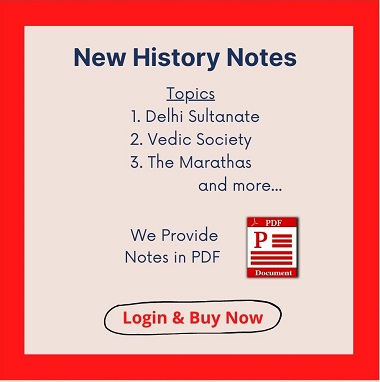Independence Day 2022: India celebrated its 76 Independence Day on 15th August 2022 to mark the country’s freedom from nearly two centuries of British colonial rule.
India celebrated its 76th Independence Day on August 15, 2022, and marked the end of its 75 years of freedom.
Key Points:
- It was celebrated with a fresh and pious theme, Nation First, Always First will be celebrated.
- PM Modi addressed the nation from The Red Fort.
- This is his ninth address as the prime minister.
- To celebrate the 75 years of Independence the Government of India has started an initiative called “Azadi Ka Amrit Mahotsav”.
10 Points of Independence Day:
- India celebrate Independence Day on 15th August of every year.
- Independence Day in India is a national holiday.
- It commemorates the nation’s struggle for freedom.
- It reminds us of the sacrifices of the freedom fighters.
- Every state and Union Territory celebrate it with much enthusiasm and enjoyment.
- The President of India addresses the nation on the eve of Independence Day.
- The Prime Minister of India unfurls the flag from ramparts of Red Fort followed by the National Anthem.
- In states Chief Ministers unfurls the flag followed by parades and cultural processions.
- It is one of the greatest festivals of democracy.
- All TV channels broadcast patriotic songs and movies throughout the day.
History:
- In the 17th century, European traders established their trade centres in the Indian subcontinent.
- The Englishmen entered Surat and Gujarat in 1619 for trading purposes.
- The Britishers made their control over India after the victory of the English East India Company at the Battle of Plassey in 1757.
- They ruled over India for over 200 years starting from 1757.
- It was marked by many movements as well as armed revolutions.
- Legendary freedom fighters and leaders like Bhagat Singh, Chandrashekhar Azad, Netaji Subhas Chandra Bose, Sardar Vallabhbhai Patel, Mahatma Gandhi and others sacrificed everything to see India as a free nation.
- In addition to the revolts of these freedom fighters, World War II tipped the odds in our favour by causing significant damage to the British forces, leaving them unable to rule over India.
- Lord Mountbatten was eventually given power by the British Parliament to transfer power by June 30, 1948.
- However, observing the people’s impatience, Mountbatten realized that if he waited until June 1948, havoc will be created, which is why he advanced the process to August 1947.
- Ultimately, on August 15, 1947, British rule in India completely came to an end.
- The 1947 Indian Independence Act came into force which transferred the legislative sovereignty to the Indian Constituent Assembly.
- On this historic day, India's first Prime Minister Jawaharlal Nehru raised the tricolour for the first time at the Red Fort in Delhi.
- Following that, it became a tradition, and now every year on Independence Day, the incumbent Prime Minister hoists the national flag at the heritage site.
Amazing Facts related to Independence Day:
- The Indian tricolor flag with three stripes of red, yellow, and green was hoisted for the very first time on 7 August 1906 in Kolkata.
- The present Indian Flag was designed by one of the freedom fighters Pingali Venkayya in 1921.
- The current tricolor with three stripes of saffron, white and green with the Ashoka Chakra in the middle was officially adopted on 22 July 1947.
- The song Bharta Bhagya Vidhata was composed in 1911 by Nobel Prize Winner Rabindranath Tagore.
- This song was later renamed, Jana Gana Mana.
- It was officially adopted by the constituent assembly on January 24th, 1950.
- Goa was the last territory to join the Indian states. Even after the Independence Day, Goa was still a Portuguese colony and it was handed over to the Indian army in 1961.
- Five other nations also share their Independence Day with India. They are Bahrain, North Korea, South Korea, the Republic of Congo, and Liechtenstein.
A)
B)
C)
D)

